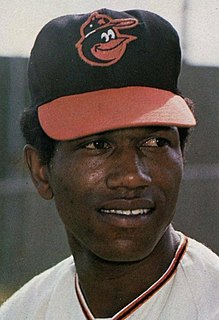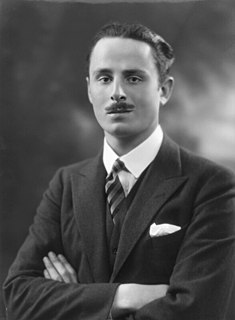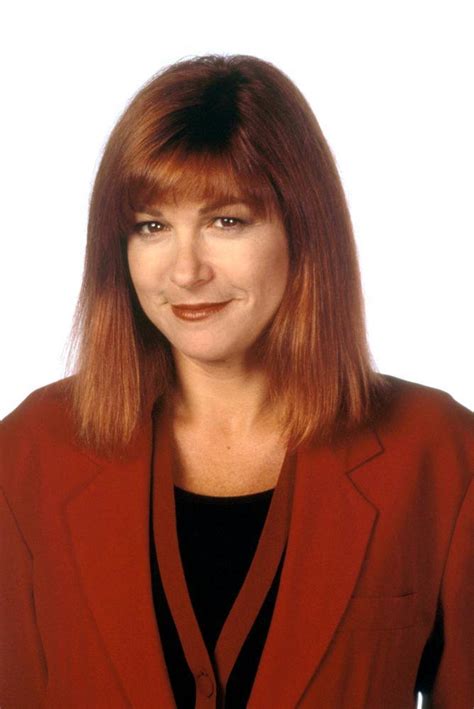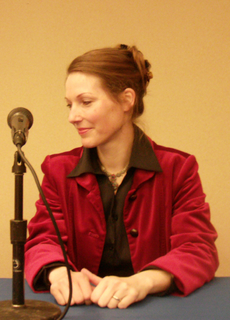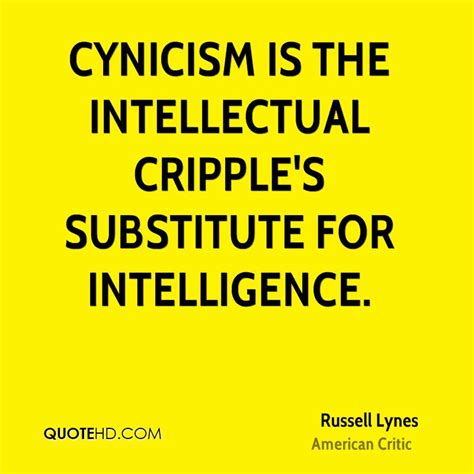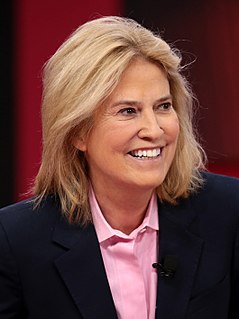A Quote by Peter Drucker
"Plastic moments" are those periods that overlap when the old has gone but the new has not yet arrived and when the course of history is more open to being shaped and steered than any other time.
Related Quotes
A mystique of history and heritage surrounds the New York Yankees. It's like the old days revived. We're loved and hated, but always in larger doses than any other team. We're the only team in any sport whose name and uniform and insignia are synonymous with their entire sport all over the world.... the Yankees mean baseball to more people than all the other teams combined.
Some periods of our growth are so confusing that we don't even recognize that growth is happening...Those long periods when something inside ourselves seems to be waiting, holding its breath, unsure about what the next step should be, eventually become the periods we wait for, for it is in those periods that we realize that we are being prepared for the next phase of our life and that, in all probability, a new level of the personality is about to be revealed.
Whether I like it or not, most of my images of what various historical periods feel, smell, or sound like were acquired well before I set foot in any history class. They came from Margaret Mitchell, from Anya Seton, from M.M. Kaye, and a host of other authors, in their crackly plastic library bindings. Whether historians acknowledge it or not, scholarly history’s illegitimate cousin, the historical novel, plays a profound role in shaping widely held conceptions of historical realities.
We must bear in mind, then, that there is nothing more difficult and dangerous, or more doubtful of success, than an attempt to introduce a new order of things in any state. For the innovator has for enemies all those who derived advantages from the old order of things, whilst those who expect to be benefited by the new institutions will be but lukewarm defenders.





